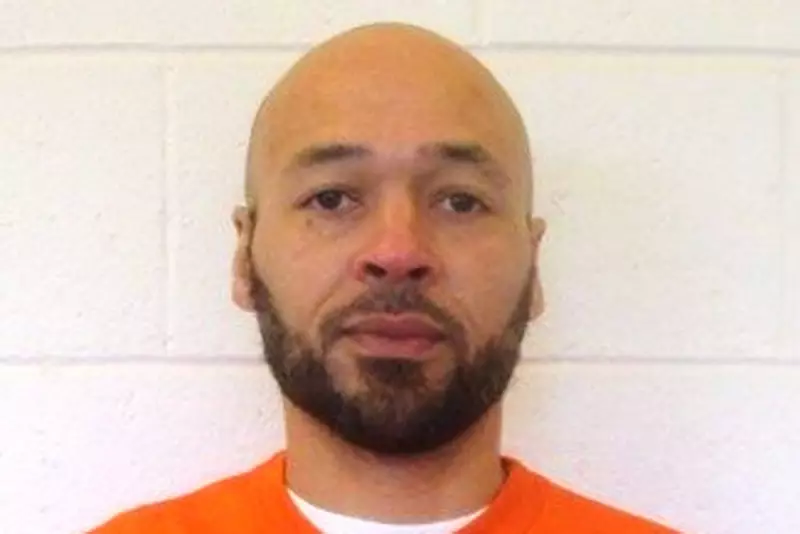
Republican Governor Kevin Stitt of Oklahoma has ignited a firestorm of controversy following his decision to allow the execution of Julius Jones, despite overwhelming public outcry and high-profile interventions in the high-profile capital punishment case.
The governor's move has drawn sharp criticism from criminal justice reform advocates, community leaders, and celebrities who had campaigned vigorously for clemency. Jones, who maintained his innocence throughout his imprisonment, became the centrepiece of one of Oklahoma's most divisive legal battles in recent memory.
Mounting Pressure and Final Decision
In the days leading up to the scheduled execution, pressure mounted on Governor Stitt from multiple fronts. High-profile figures including Kim Kardashian West and Baker Mayfield had publicly pleaded for mercy, while thousands of protesters gathered outside the governor's mansion and the state penitentiary.
Despite this widespread opposition and questions surrounding the original trial, Stitt ultimately declined to use his executive powers to grant clemency, allowing the execution to proceed as scheduled by the state's Department of Corrections.
Legal Controversy and Public Outcry
The Julius Jones case had become a lightning rod for death penalty debates across the United States, with particular intensity in Oklahoma. Supporters pointed to what they described as problematic evidence and racial disparities in the original prosecution.
Legal experts noted that the governor's decision comes at a time when capital punishment faces increasing scrutiny nationwide, with several states reconsidering their stance on executions amid concerns about wrongful convictions and systemic biases within the justice system.
Political Fallout and National Implications
The execution and the governor's handling of the case are likely to have significant political repercussions. Advocacy groups have already announced plans to make capital punishment a central issue in upcoming elections, while religious leaders and human rights organisations have condemned the decision.
As the debate continues to unfold, the Julius Jones case stands as a stark reminder of the deep divisions surrounding capital punishment in America, and the considerable power wielded by state governors in matters of life and death.





